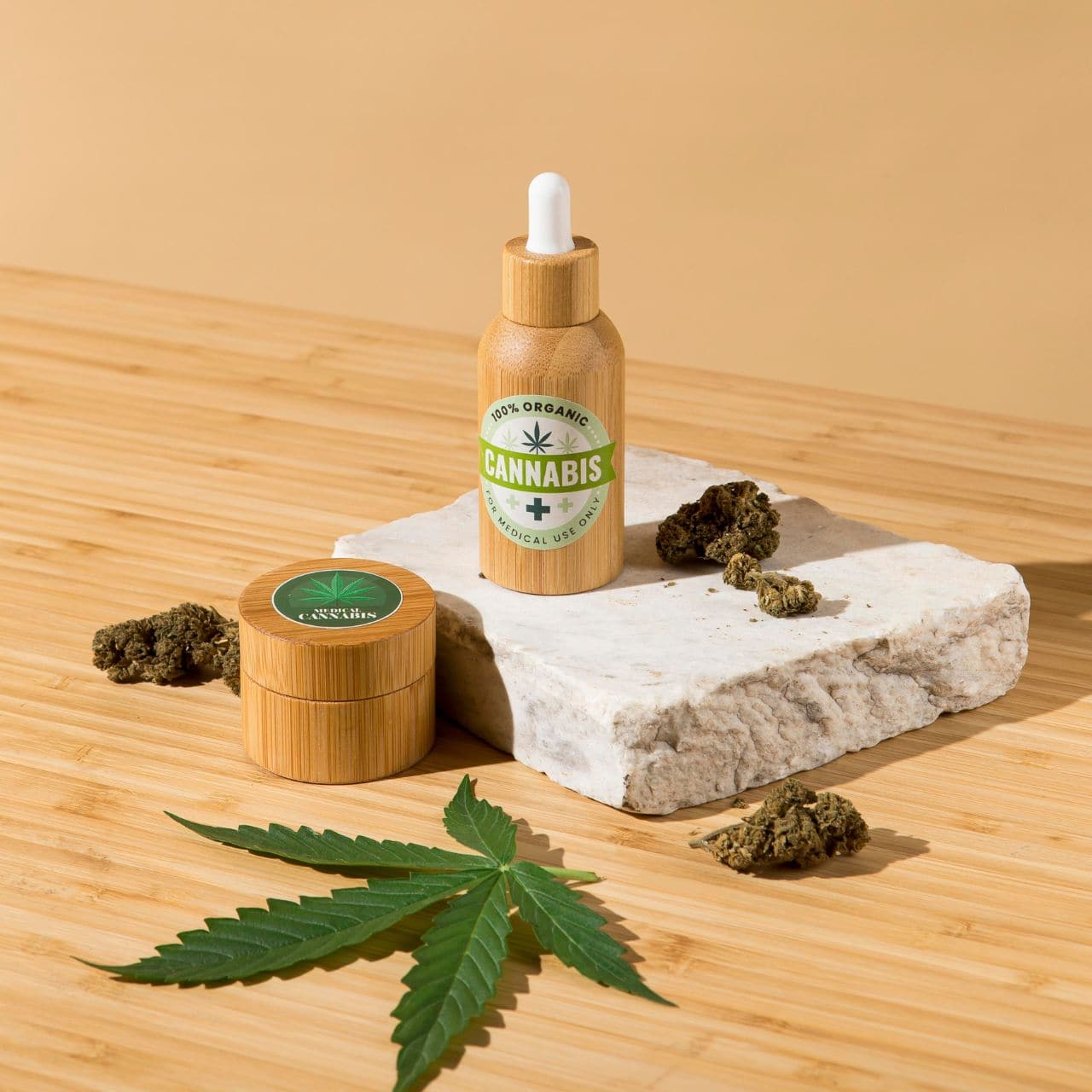
Is Delta-8 Legal in New Mexico
Yes, Delta-8 products are conditionally legal in New Mexico
 Conditionally Legal
Conditionally Legal

Yes, Delta-8 THC is legal in New Mexico. The state permits both marijuana-derived Delta-9 THC for medical and recreational use and hemp-derived THC products as long as they comply with federal and state regulations. Therefore, Delta-8 THC, being a hemp-derived cannabinoid, falls under the legal framework in New Mexico.
Delta-8 THC is a naturally occurring cannabinoid found in small amounts in the hemp plant. It is chemically similar to Delta-9 THC, the primary psychoactive component of cannabis, but is reported to produce milder psychoactive effects. Because of its potential therapeutic benefits, Delta-8 THC has been used by many for a variety of medical conditions. Users claim that Delta-8 THC is an effective pain reliever that can help reduce inflammation and pain. It has been demonstrated to be useful in lowering nausea and vomiting. Additionally, it has been reported that Delta-8 THC increases appetite.
Before purchasing Delta-8 in New Mexico, always check the lab test results for each product to ensure accurate labeling and safety.
If you want to learn more about Delta-8 in general, check out our Delta-8 Resource Center.
You must be 21 years or older to purchase hemp products in New Mexico.
In New Mexico, smoking Delta-8 flower is legal under specific conditions: it must be hemp-derived, contain less than 0.3% Delta-9 THC, comply with federal guidelines and state regulations, and be bought from a licensed dispensary or online store. These criteria adhere to federal laws, such as those outlined in the 2018 Farm Bill, and state regulations that oversee the use and sale of hemp-derived items.
Yes, in New Mexico, Delta-8 products generally undergo third-party testing. This means that Delta-8 THC products are tested for potency, contaminants, and other quality assurances. This ensures that Delta-8 products meet New Mexico’s safety and labeling standards, in alignment with the federal guidelines outlined in the 2018 Farm Bill. Testing typically includes checking THC levels, pesticides, heavy metals, and residual solvents to guarantee consumer safety and product integrity. In any case, it is always recommended that you take the time to review these lab reports to ensure product safety and potency, regardless of legal requirements.










